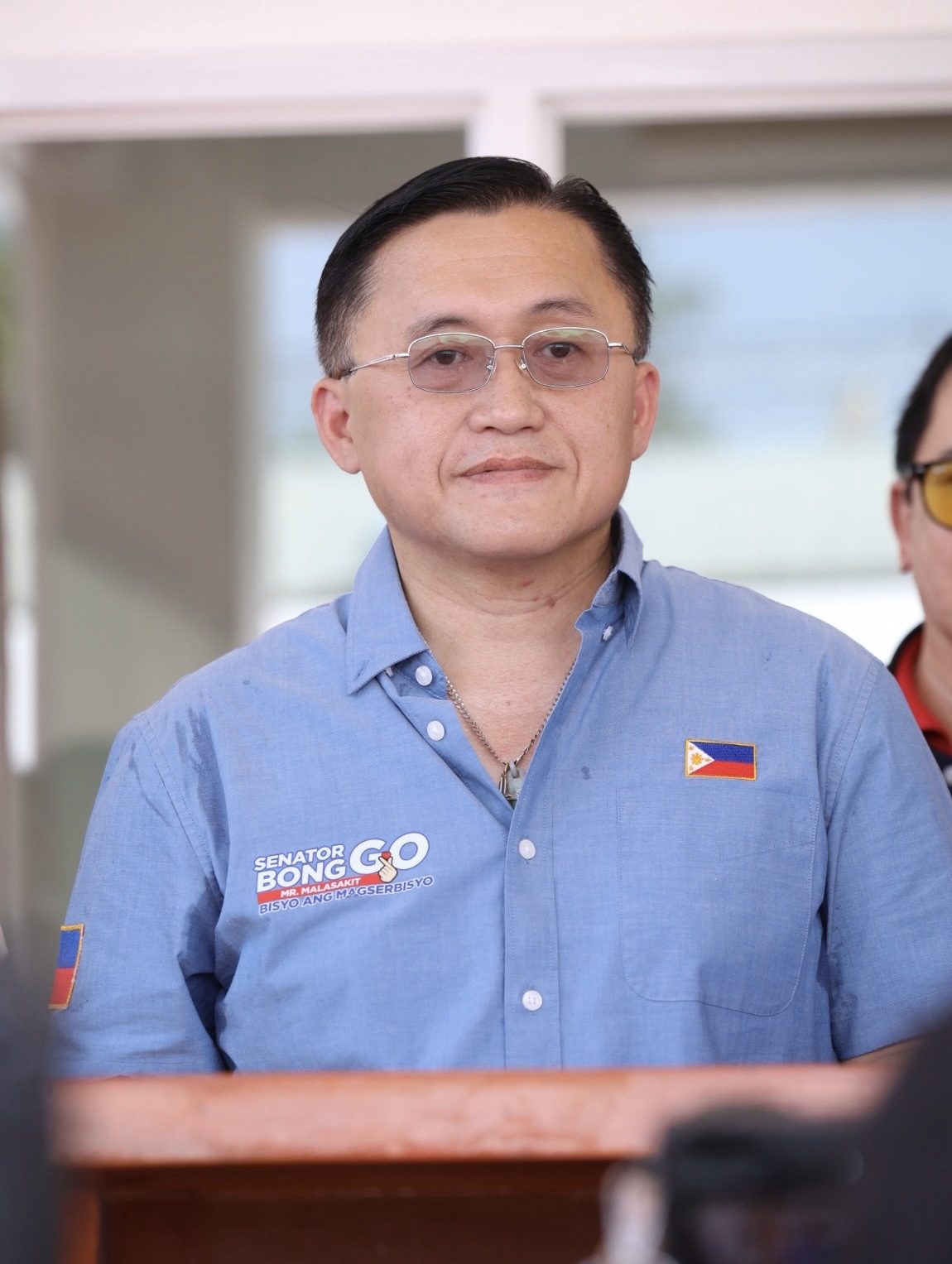Child malnutrition remains one of the most overlooked but devastating health emergencies in the Philippines which must be addressed, according to Senator Christopher “Bong” Go, who renewed his call for continued interventions to protect the nation’s most vulnerable.
Speaking as Chairperson of the Senate Committee on Health, Go urged both national agencies and local governments to treat malnutrition with the same urgency as other public health threats.
“Marami pa rin tayong batang kulang sa nutrisyon, lalo na sa mga liblib na lugar. Kailangan nating tugunan ito nang mas maaga pa lang,” said Go. “Hindi lang ito isyu ng kahirapan kundi ng access sa serbisyong pangkalusugan.”
With this, Go welcomed the launch of PhilHealth’s Severe Acute Malnutrition (SAM) Outpatient Therapeutic Care Benefit Package, where the national health insurance agency will cover the full outpatient treatment of child malnutrition.
Spearheaded by PhilHealth with support from the United Nations Children’s Fund (Unicef) and funding from the United Kingdom government, the package offers free medical treatment, nutritional screening, counseling, and therapeutic food to children under five diagnosed with SAM. Infants under six months are eligible for benefits up to P7,500, while older children can receive up to P17,000 in total assistance.
Expected to assist around 100,000 children annually, the benefit aims to close the gap between healthcare access and nutritional care in impoverished and geographically isolated areas.
“Magandang hakbang ito dahil malaking tulong ito para sa mga pamilyang walang kakayahang magpagamot,” Go noted. “Kapag may benepisyo mula sa PhilHealth, mas lumalawak ang saklaw ng serbisyong maibibigay sa mga bata.”
Go praised the move as a vital expansion of PhilHealth’s social protection role but reminded that broader structural reforms must follow to address the root causes of hunger and health inequity.
Following multiple appeals from the senator, PhilHealth has taken decisive steps to overhaul outdated and anti-poor policies. Among the most significant changes was the abolition of the Single Period of Confinement (SPC) rule, which previously penalized patients with recurring illnesses. Go also flagged the 24-hour confinement rule, which barred benefit access for emergency cases unless a patient was confined for at least a full day—a rule PhilHealth has now repealed.
“Gamitin n’yo po ang pondo ng PhilHealth para sa health—kaya nga PhilHealth, para sa ‘health’. At tandaan natin ang PhilHealth po, hindi negosyo ‘yan. Insurance ‘yan na dapat po meron tayong masasandalan tuwing tayo ay nagkakasakit,” he emphasized.
To further ease the burden on poor families, PhilHealth also removed the 45-day annual limit for hospitalizations per member, allowing continuous coverage for prolonged and severe illnesses. The agency has begun raising case rates and enhancing packages for common ailments such as urinary tract infections, influenza, and acute gastroenteritis. Go, however, warned that benefit levels for life-threatening conditions like COVID-19, pneumonia, and heart disease must also be reviewed.
“May mga sakit na mataas pa rin ang gastos kahit may PhilHealth. Kailangang i-update ang mga package para mas akma sa pangangailangan ng mga pasyente,” Go explained.
He also reaffirmed support for PhilHealth’s ongoing efforts to expand coverage for top causes of death in the country—particularly cardiovascular diseases, diabetes, and chronic respiratory illnesses—while calling for greater local government participation and more grassroots health investments.
Go, who was instrumental in passing Republic Act No. 11463 or the Malasakit Centers Act of 2019, said that his health reforms agenda remains focused on ensuring practical, direct assistance for Filipinos in need. His team has also consistently conducted feeding initiatives or ‘palugaw’ in various public hospitals with Malasakit Centers nationwide to help address malnutrition.
“Tandaan na ang kalusugan ay katumbas ng buhay ng bawat Pilipino. Magmalasakit tayo sa may sakit at huwag na dapat pahirapan ang naghihirap na. Ilapit natin ang serbisyo medikal sa mga tao lalo na sa mga mahihirap at nasa malalayong lugar,” he said.
